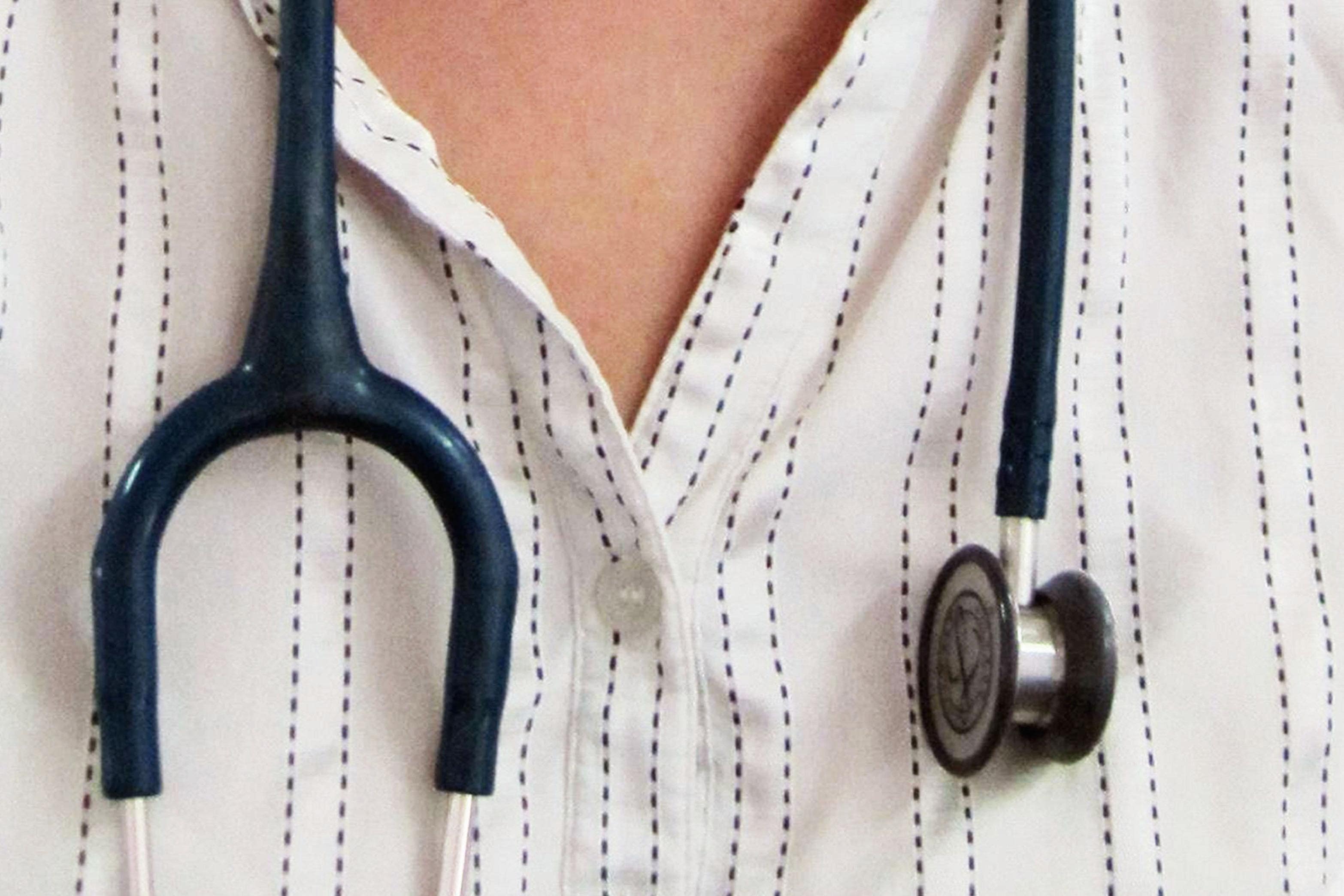More than 130,000 people eligible for heart checks at work under new NHS scheme
Plans have also been announced for a digital version of the NHS Health Check, which will be trialled next year.

People will be able to have their risk of developing certain heart diseases assessed in the workplace for the first time, under an NHS scheme designed to boost economic growth.
It is estimated that more than 130,000 employees in England will be eligible.
Plans for a digital version of the NHS Health Check have also been announced, in a bid to make the programme more accessible.
This innovative new programme is an important step towards community-focused healthcare and supporting economic productivity through improving health
Workers will provide information which will be used to determine their risk of developing cardiovascular disease, which can cause heart attacks, heart failures and stroke.
According to the NHS, cardiovascular disease is one of the main causes of death and disability in the UK, but is largely preventable by leading a healthy lifestyle.
Officials estimate each check to be the equivalent of an NHS appointment and will help free up time and cut waiting lists.
Health minister Andrew Gwynne said: “We know so many deadly diseases can be avoided if we seek help in enough time.
“That’s why we’re working to improve access to treatment while also taking steps to address the preventable causes of cardiovascular disease.
“This innovative new programme is an important step towards community-focused healthcare and supporting economic productivity through improving health, shifting the focus from treatment to prevention, easing the strain on the NHS and helping people to live well for longer.”
The NHS Health Check programme was introduced in 2009 and is offered to people between the ages of 40 and 79 every five years.
The Government has also announced plans for a digital version of the check, which will be available on the NHS app.
The platform will allow people to provide information from their home, with the results automatically written back into their GP electronic health record.
Testing of the digital programme will take place in 2025, and councils in Norfolk, Medway and Lambeth, London, signed up for the trial.
It is estimated the digital initiative will deliver one million checks in its first four years, with plans under way to roll it out nationally alongside face-to-face checks.
Louise Gittins, chairwoman of the Local Government Association, added: “Health checks can save lives. They can prevent people from developing largely preventable diseases, such as heart disease, cancer, Type 2 diabetes and liver disease.
“Councils are exploring new ways to boost uptake, targeting individuals or communities at increased risk, and using proactive outreach programmes to get into those communities who are less likely to attend their general practice.
“However, there is more that can be done, and by partnering with councils and employers, we can make sure more people get a health check and hopefully prevent illness later on.”
Bookmark popover
Removed from bookmarks